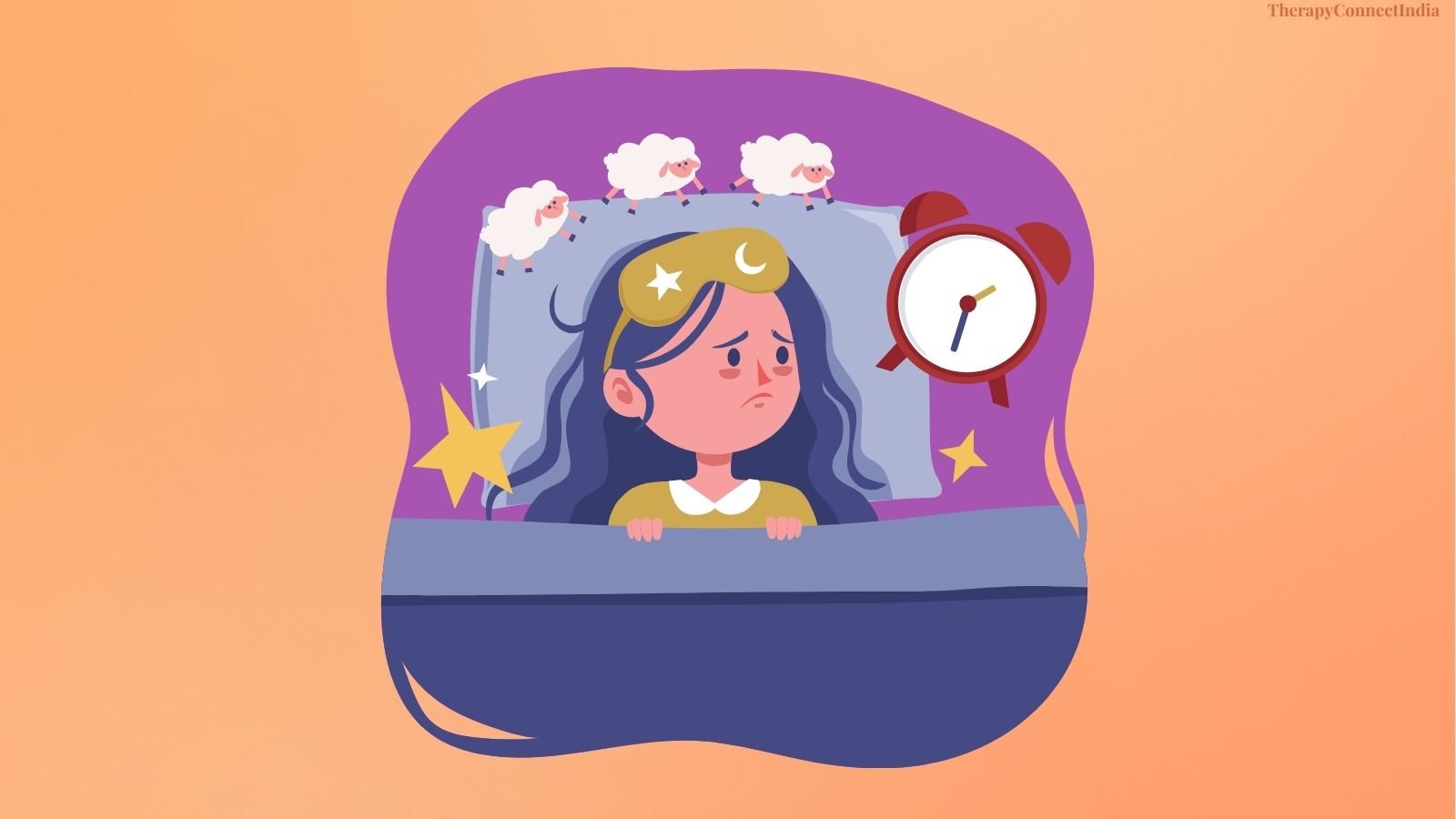Anxiety and Sleep: How to Stop Overthinking at Night

Lying in bed, exhausted but unable to sleep, is a frustrating experience. For many people, anxiety and sleep problems go hand in hand. The moment they try to rest, their mind starts racing—replaying past mistakes, worrying about the future, or overanalyzing situations. This cycle of overthinking at night can make falling asleep feel impossible, leading to insomnia caused by anxiety and making daily life more stressful.
Sleep is essential for mental and physical well-being, but anxiety can interfere with the brain’s ability to relax. Understanding why this happens and learning strategies to calm the mind can help improve sleep quality and overall health.

Anxiety triggers the body's fight-or-flight response, which keeps the brain alert and active. This heightened state of awareness makes it difficult to relax and fall asleep. When anxiety becomes chronic, it can:
When anxiety-related sleep issues continue over time, they create a cycle—poor sleep increases anxiety, and anxiety makes it harder to sleep. Breaking this cycle requires addressing both anxiety and sleep habits.

Overthinking at night is common in people with anxiety. It often happens because the brain has no distractions before bed. Throughout the day, work, social interactions, and responsibilities keep the mind occupied. But once the lights go out, unresolved worries take center stage.
Common thought patterns that keep people awake include:
These thoughts increase heart rate and stress levels, making relaxation even harder. Without intervention, this pattern can lead to long-term insomnia caused by anxiety.

Breaking free from anxiety-driven sleep problems requires both mental strategies and practical sleep habits.
1. Establish a Nighttime Routine
A structured bedtime routine signals to the brain that it is time to wind down. Keeping a consistent sleep schedule helps regulate the body’s internal clock. Going to bed and waking up at the same time every day—even on weekends—can train the body to expect sleep at a certain hour.
2. Create a Sleep-Friendly Environment
A calming sleep environment can help reduce anxiety at night. Some key elements include:
3. Practice Mindfulness and Deep Breathing
Mindfulness exercises help bring the focus back to the present moment, preventing the mind from spiraling into anxious thoughts. Techniques such as:
4. Journaling to Clear the Mind
Writing down thoughts before bed can help process emotions and prevent rumination (excessive overthinking). Keeping a "worry journal" or listing things to be grateful for can shift focus from stress to positivity.
A brain dump technique—writing down all thoughts, no matter how small—can also help release mental tension before sleep.
5. Limit Stimulants Before Bed
Caffeine, alcohol, and nicotine can interfere with sleep by increasing alertness. Cutting back on coffee, tea, and energy drinks at least 6 hours before bedtime can prevent sleep disturbances.
6. Set a "Worry Time" During the Day
If anxious thoughts often keep you awake, setting aside a specific time during the day for problem-solving can help. Spending 10-15 minutes in the afternoon to acknowledge worries can prevent the brain from bringing them up at night. For more anxiety management tips, check out Anxiety.org.
7. Consider Therapy for Persistent Anxiety
If anxiety continues to disrupt sleep, seeking professional support can be beneficial. Therapy, such as Cognitive Behavioral Therapy for Insomnia (CBT-I), can help change negative thought patterns that interfere with sleep. Online therapy options like BetterHelp offer accessible mental health support.

Poor sleep doesn’t just make people tired—it worsens anxiety, affects concentration, and lowers emotional resilience. Chronic sleep deprivation can:
Addressing both anxiety and sleep hygiene is essential for long-term well-being.

If anxiety-related sleep problems persist for weeks or months, it may be time to seek professional help. Warning signs include:
Talking to a doctor or therapist can help determine whether therapy, medication, or lifestyle adjustments are needed. Organizations like National Sleep Foundation provide additional resources on managing sleep and mental health.
Anxiety and sleep problems often go hand in hand, creating a frustrating cycle of overthinking at night and insomnia caused by anxiety. Breaking this cycle requires practical strategies like maintaining a bedtime routine, limiting screen time, practicing relaxation techniques, and addressing anxious thoughts before bed.
If anxiety continues to disrupt sleep, seeking professional help through therapy or counseling can provide effective long-term solutions. Sleep is essential for mental and physical well-being, and improving sleep habits can lead to a healthier, calmer mind.
By taking small but consistent steps, it is possible to quiet the mind, reduce nighttime anxiety, and enjoy restful, restorative sleep.